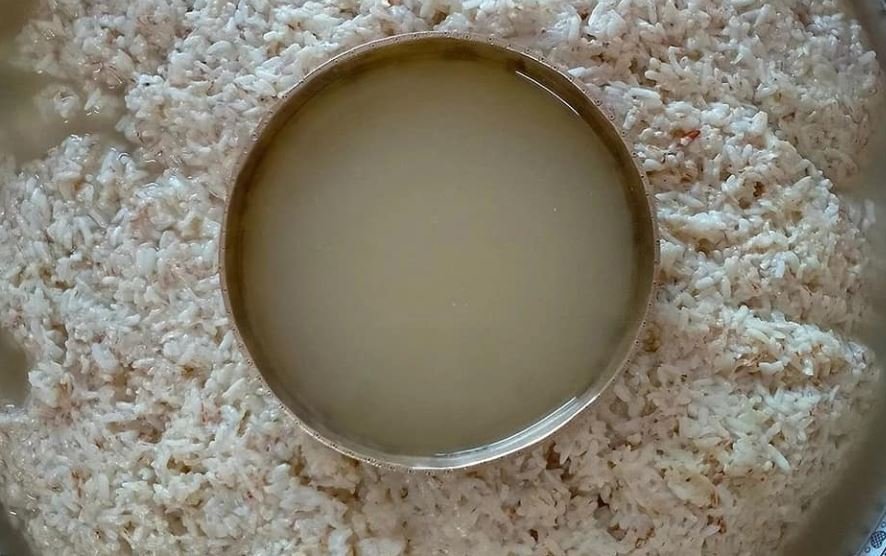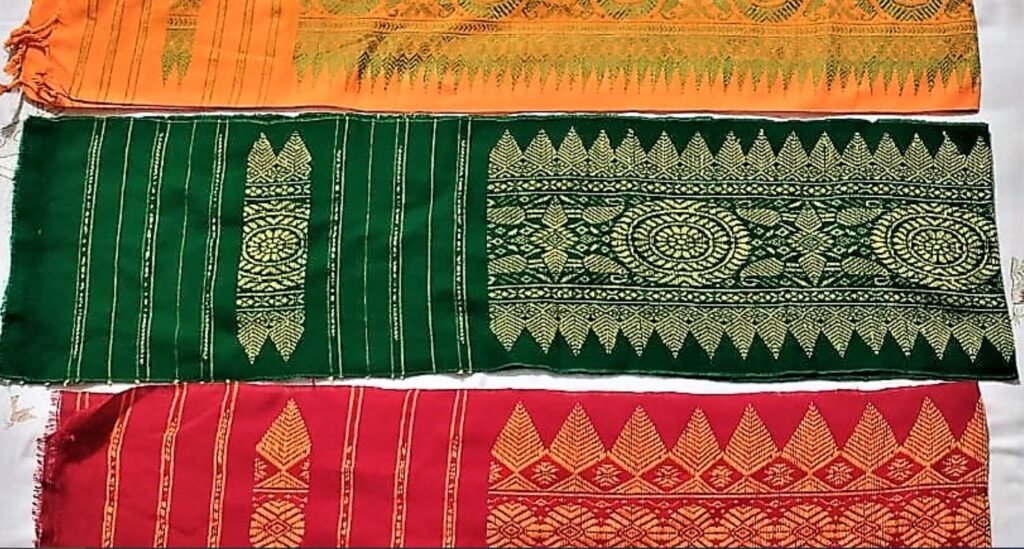In recognition of Assam’s rich cultural heritage, the Geographical Indications (GI) Registry in Chennai has awarded GI tags to eight unique products from Assam. This highlights not only the diverse traditions but also the cultural identity and craftsmanship of the Bodo community. The awarded products include traditional foods, rice beers, and handwoven textiles, each reflecting the deep-rooted customs and practices of the Bodo people.
GI Tags Granted to Eight Bodo Products
GI tags were granted to eight products from Assam. These tags serve to protect and promote regional specialties, showcasing the cultural heritage and artisanal skills of the Bodo community, which were preserved. The unique products include:

Rice Beers
The Bodo Traditional Brewers Association played a vital role in securing GI tags for three varieties of rice beer, each with unique characteristics and cultural significance.
Bodo Jou Gwran
With an alcohol content of approximately 16.11%, it is the strongest among Bodo rice beers. Bodo Jou Gwran is known for its potency, and it is a tribute to the traditional brewing techniques of the Bodo people.
Maibra Jou Bidwi (also known as Maibra Jwu Bidwi or Maibra Zwu Bidwi)
Often served as a welcome drink among Bodo tribes, Maibra Jou Bidwi is made by fermenting half-cooked rice with minimal water and adding ‘amao,’ a yeast source. This method has been passed down through generations, preserving the traditional brewing practices.
Bodo Jou Gishi
This traditional rice-based alcoholic beverage is believed to have medicinal properties and is linked to legends of Lord Shiva. It reflects the longstanding tradition of rice beer consumption in Bodoland and its cultural and medicinal significance too.
Traditional Foods
The Association of Traditional Food Products secured GI tags for four traditional dishes, each showcasing the culinary diversity and traditional preservation methods of the Bodo community.
Bodo Napham
It is a fermented fish dish prepared anaerobically in sealed containers for two to three months. Bodo Napham reflects traditional preservation methods, developed due to the region’s heavy rainfall and frequent flooding, which limit the availability of fresh fish year-round.
Bodo Ondla
Bodo Ondla is a rice powder curry flavored with garlic, ginger, salt, and alkali. This dish is a staple of Bodo cuisine, highlighting the community’s culinary traditions.
Bodo Gwkha
Usually prepared during the Bwisagu festival, Bodo Gwkha is a dish that showcases the cultural importance of festivals in the Bodo community.
Bodo Narzi
Bodo Narzi is a semi-fermented food made from jute leaves (Corchorus capsularis). Rich in Omega-3 fatty acids, vitamins, calcium, and magnesium, this dish is not only a culinary delight but also a nutritious addition to the Bodo diet.
Handwoven Textiles
The Association of Traditional Bodo Weavers secured a GI tag for the Bodo Aronai, a handwoven cloth that is a significant part of Bodo attire.

Bodo Aronai
The Bodo Aronai measures 1.5-2.5 meters long and 0.5 meters wide. The designs in the textiles often depict elements from nature, such as trees, flowers, mountains, and birds, showcasing the Bodo people’s deep appreciation for their natural surroundings.
Cultural Significance
The awarded products not only highlight the rich traditions of the Bodo community but also emphasize the importance of preserving indigenous knowledge systems and cultural heritage. The Bodo people are known for their vibrant dance, music, festivals, and clothing, all of which are deeply inspired by their natural surroundings. The GI tags serve as a mark of authenticity and cultural pride, providing legal protection to these items while showcasing their uniqueness to a broader audience.
Conclusion
The recognition of these eight traditional products from Assam with GI tags is a significant milestone in preserving and promoting the cultural heritage of the Bodo community. This not only honors Assam’s culinary diversity but also reinforces the importance of safeguarding indigenous knowledge and artisanal craftsmanship. As these products gain wider recognition, they will continue to serve as symbols of the rich cultural legacy of the Bodo people, making their tradition celebrated and preserved for future generations to come.
